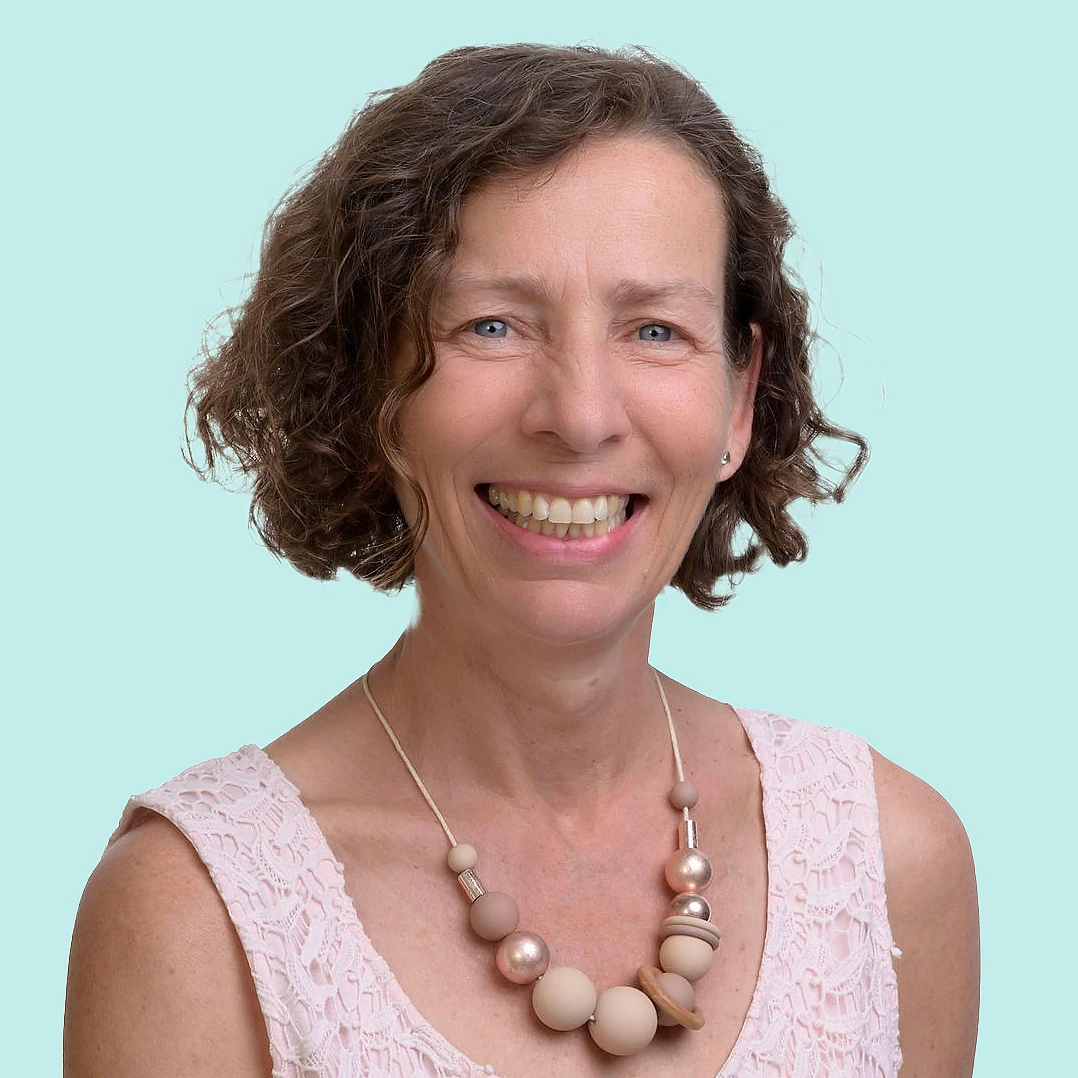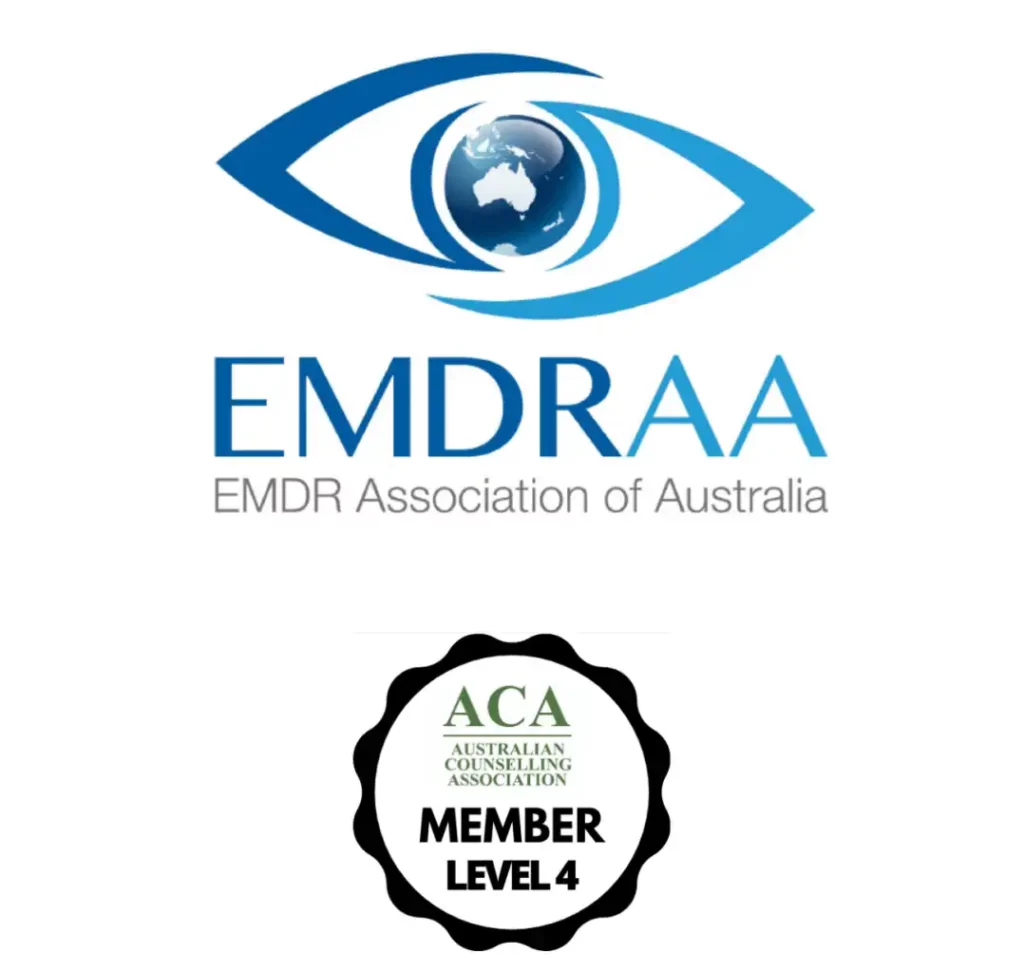Who is Dagmar Marek?
Dagmar was born in Germany and lived her early years in Hamburg. She lived in Europe and Africa before moving to Australia in 1995. Dagmar’s diverse and expansive life experiences influenced her choice in becoming a counsellor in 2005.


Dagmar’s Approach.
Dagmar’s method when working with clients utilises a wide range of therapeutic approaches, which are supported by clinical research. Dagmar’s approach is rooted in the EMDR framework and enriched by systemic Family Therapy approaches, Attachment and Trauma-Informed Therapies, Ego State Therapy, Cognitive Behavioural Therapy, Emotion-Focused Therapy, Acceptance and Commitment Therapy, as well as Mindfulness and Motivational Interviewing.
Dagmar has developed her own style and implements different techniques that are individually tailored to the personality and needs of each client. Her stance of curiosity and acceptance makes it possible to provide a confidential environment free from blame, judgement, and criticism which enables clients to feel safe to address the issues impacting on their lives.
Dagmar joined the TRNA (Trauma Recovery Network Australia) Faculty in 2023 and participated in personal training by Roy Kiessling. The TRNA Faculty teaches local mental health workers to deliver EMDR therapy in regional and rural communities affected by traumatic events such as bushfires, floods and droughts.

Dagmar is a member of several professional bodies:
- Clinical Member of AAFT, Australian Association of Family Therapy
- Accredited Consultant of EMDRAA (EMDR Association of Australia)
- Accredited Consultant of EMDRIA (EMDR International Association, USA)
- M.A.C.A (Level 4)
- ACA College of Supervisors
Services.
Dagmar provides support, counselling and therapy for Individuals, Couples and Families who experience:
- Mental Health Issues and Mental Illness
- Addictions and Substance Abuse (including prescription medications)
- Trauma
- Domestic Violence
- Grief and Loss
- Families
- Relationship Difficulties
- Parenting
- Life Transitions
- Personal Development (including self-esteem, values and beliefs)


